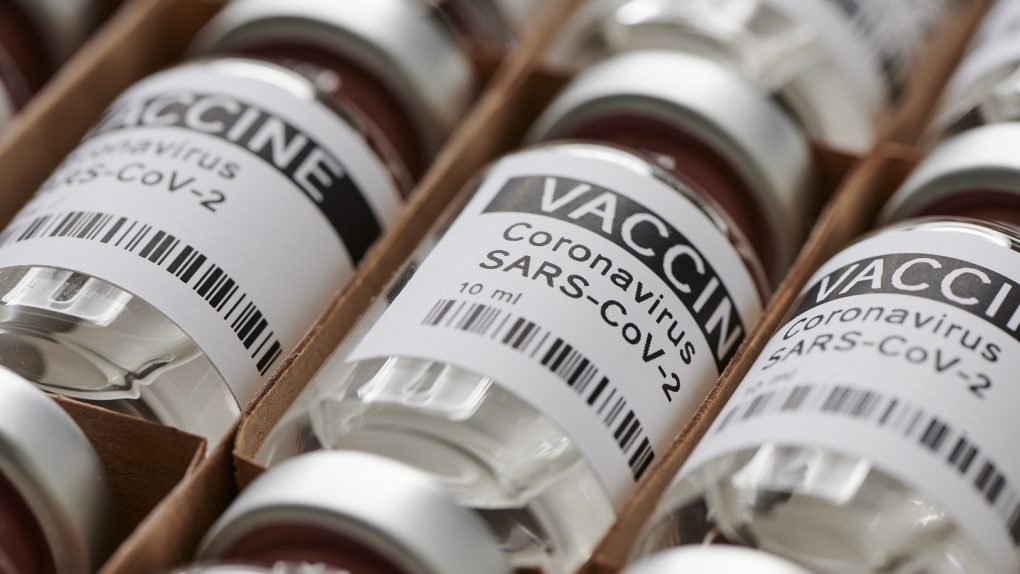- Coronavirus vaccines have been a sensitive topic in recent months. The highly politicized discussions around vaccines in the US have eroded the public’s trust in these key COVID-19 drugs.
- An organization aims to compare “apples to apples” and analyze data from all of the experimental drugs that reach clinical trials to determine which COVID-19 vaccine candidates have the best chances of beating the virus.
- The Coalition for Epidemic Preparedness Innovations (CEPI), which is funding in part some of the vaccines that are in late-stage testing, has set up a network of labs to begin analyzing data from the separate coronavirus vaccine trials running around the world.
Several coronavirus vaccines are in the last stage of the human trials, and we’ll have the final conclusions from some of these frontrunners in the coming months. But as these experimental drugs have been increasingly politicized, especially in the US with the presidential election looming, the public’s trust in drugs that were developed faster than ever has eroded.
Vaccines will play a pivotal role in beating the pandemic. The virus might never go away, but a combination of immunization campaigns and continued public health measures will reduce the spread of the illness. For the vaccine part of that strategy to work, the world needs the drugs to be effective and safe. Then, we need enough capacity to meet the demand, and a significant proportion of the population will have to agree to be vaccinated.
There’s no guarantee that any of the current vaccine frontrunners will yield the positive results we expect, no matter how promising Phase 1 and 2 trials have been. Still, the good news is there are hundreds of drugs in various stages of development. And now, there’s an organization that will attempt to objectively compare them to determine which of the experimental drugs might be the best at blocking a COVID-19 infection.
While the World Health Organization is involved in monitoring COVID-19 vaccine research, it’s not the WHO that will man the laboratory that’s going to compare the various vaccine candidates. CEPI is an investor in a few of the vaccine efforts in late-stage trials, including Moderna, AstraZeneca, Novavax, and CureVac.
The Coalition for Epidemic Preparedness Innovations confirmed to Reuters that it has set up a lab that would perform the laborious task of comparing “apples with apples.”
A network of labs in Europe, Asia, and North America will centralize the analysis of samples from trials of various COVID-19 vaccine candidates “as though vaccines are all being tested under one roof,” according to CEPI director of vaccine R&D Melanie Saville.
“When you start off (with developing potential new vaccines), especially with a new disease, everyone develops their own assays, they all use different protocols and different reagents — so while you get a readout, the ability to compare between different candidates is very difficult,” the said.
“When you start off (with developing potential new vaccines), especially with a new disease, everyone develops their own assays, they all use different protocols and different reagents — so while you get a readout, the ability to compare between different candidates is very difficult.”
“With hundreds of COVID-19 vaccines in development … it’s essential that we have a system that can reliably evaluate and compare the immune response of candidates currently undergoing testing,” the CEPI exec said. Saville added that centralizing the analysis would allow the organization to remove the “inter-laboratory variability” from so many different projects and offer unified conclusions.
Initially, CEPI will have six labs on the project: Canada, Britain, Italy, the Netherlands, Bangladesh, and India. The labs will look at early-stage vaccine candidate testing at first, from Phase 1 and Phase 2 trials. CEPI hopes to expand capacity so it can analyze Phase 3 data.
The conclusions might offer the world an objective look at vaccine safety and effectiveness, and allow governments to choose the best available drug for their countries. Comparing these drugs might also help alleviate public concern about the vaccines and convince people to get a shot sooner than later.
That said, regardless of CEPI’s conclusions, America and several other countries have already inked deals worth billions of dollars with the pharmaceutical giants working on some of the most advanced vaccines. Those contracts will probably be finalized if Phase 3 results are satisfactory. The general public might not get to choose the best possible vaccine initially and will have to settle for whatever is available in the region. Still, with hundreds of vaccine candidates in the works, chances are decent that several of them will be effective and safe. And the more COVID-19 vaccines are approved for use, the faster the world can get immunized.








